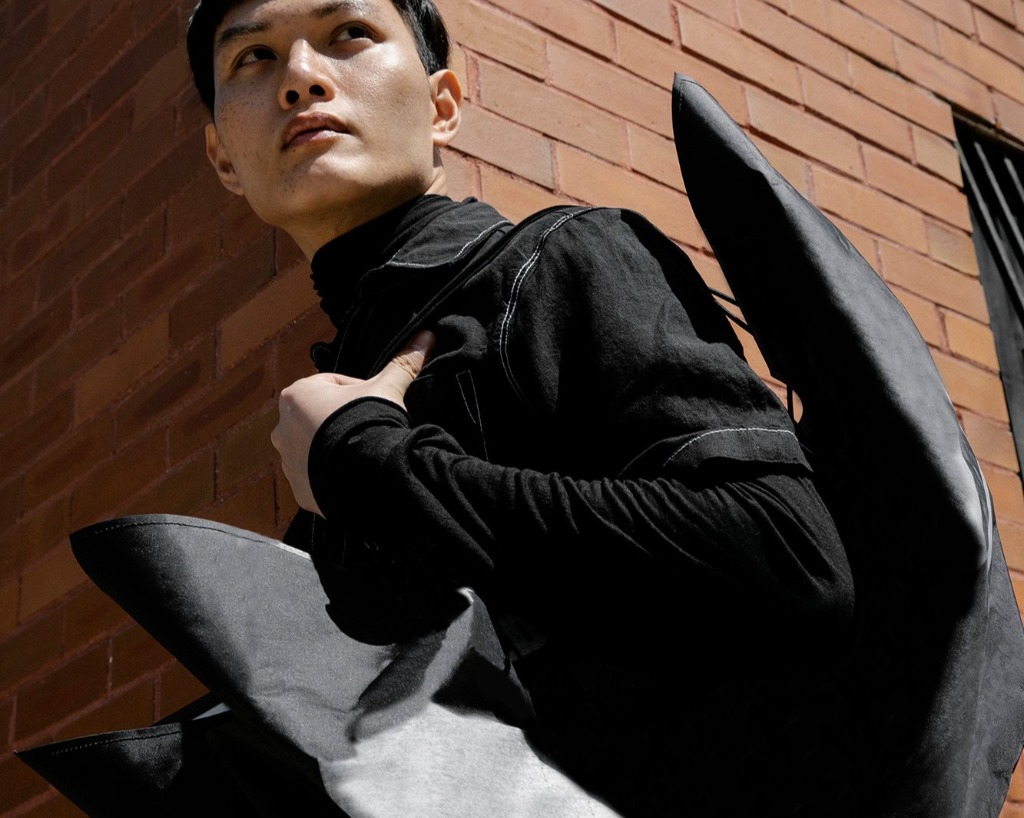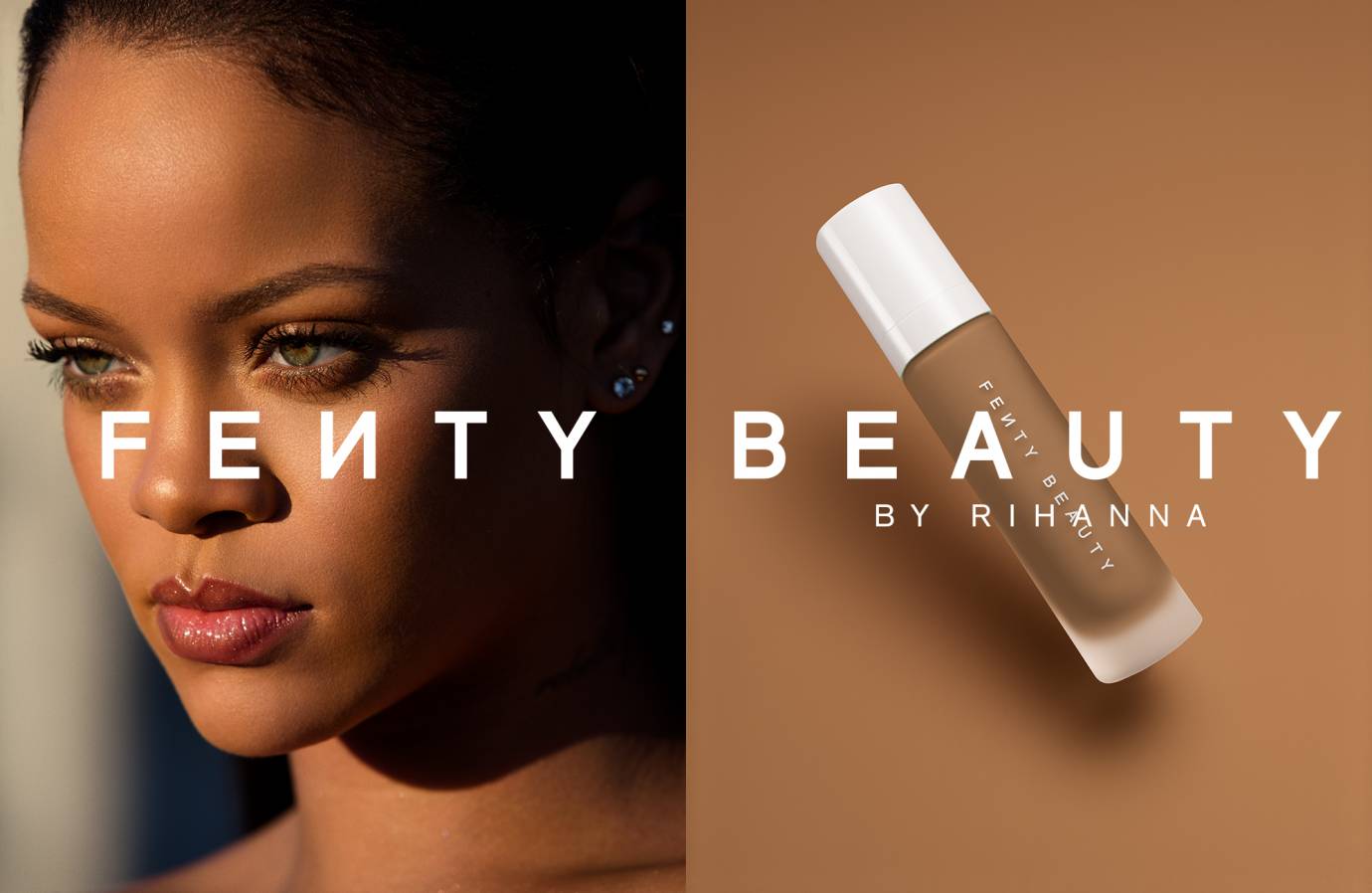The men’s footwear market is gaining considerable steam. Several excellent upstarts have progressed the market forward, answering the call of an underserved consumer: the new young professional. These companies exist, ultimately, to solve two glaring problems for this group that were going unaddressed. The first: Where to find top quality dress shoes designed for the shopper in his 20s or 30s who wasn’t quite ready for the Berlutis or the Crockett & Jones (and was perhaps not interested in the Allen Edmonds)? And the second: Where to buy these shoes — online, conveniently, and at a good price?

Launched in the spring by Michael Strout, a former investment banker, and Tipton Evans, a former attorney, Founders is the latest in a cluster of online-based luxury footwear companies with the young professional aimed squarely in their sights. The men’s luxury marketplace continues its upward trajectory, with luxury footwear sales counting for nearly $3.3 billion in the US alone in 2014, according to research firm Euromonitor. Young high earners aged between 25 and 34, with incomes ranging from $100,000 and $250,000 per year — a key customer segment for modern luxury brands, and footwear operators especially — are increasing in number, and they’ve shown a preference for new, online-based specialists, which certainly bodes well for a company like Founders.
Yet the brand enters the market at a more competitive time than its peers Jack Erwin, Paul Evans, M.Gemi, and Sons of London did just a few short years ago. As earlier entrants, they each have several years of momentum — and serious financial backing — on their side.
Jack Erwin, for one, has been the most active on the venture capital front, raising $11.75 million in three rounds from the likes of Crosslink Capital and Menlo Ventures (it also had revenues of $5 million in 2015). Paul Evans has so far avoided the VC route, but has still brought in $200,000 from friends, family, and non-institutional investors. Earlier this year, they also passed the $1 million sales mark after a year of operation. Boston-based M.Gemi, also launched in 2015, initially focused on women’s shoes, but has since expanded heavily into the men’s side. They’ve made the biggest VC splash so far, raising $32 million in two rounds with General Catalyst and Accel Partners (on top of $4 million in debt capital).
Where does Founders fit in a crowded space?
Today’s consumer-centric market has shown itself to be remarkably capable of hosting several competing brands — if their missions are razor sharp and clearly defined. In men’s footwear, there is a space for Founders. Jack Erwin is on one end of the spectrum, occupying the affordable side; on the other, Paul Evans offers a more polished, burnished aesthetic and pushes a more aggressive brand of shoe. Founders, nestled in the center, occupies a quieter space. “David Coggins,” — says Mr. Strout, referencing the stylish artist and writer — “that’s our guy.” Mr. Coggins is a big supporter, he says, and is something of a mentor, having suggested ideas for promotion strategies and for targeting their core customer more precisely.
Mr. Strout and Mr. Evans crossed paths at the right time nearly a year and a half ago. After meeting at a mutual friend’s party, they discovered a shared ambition beyond banking and law, respectively. Both, as it turned out, wanted to build a new direct-to-consumer shoe company with a strong British aesthetic, influenced by the likes of Alden (American), and Crockett & Jones. “For us it was less about selling a price point, and more about building a real long-term menswear brand from scratch,” Mr. Strout recalls. “True luxury products, in a timeless, quintessential aesthetic. I don’t want to downplay what these guys are doing, but just as a point of reference, the Paul Evans guys make a really burnished, a low, thin sole, a very fashion-forward, distinct style. That’s not us.”
This sharp focus is in fact a characteristic that defines one of several key strengths for Founders — strengths that over the long term could help it carve out a considerable niche. For one, Mr. Strout and Mr. Evans have a strong understanding of who their ideal customer happens to be. “Our customer is not the dandy. He does not wear polka dot socks,” Mr. Strout says. “He doesn’t wear socks at all. His standout pieces are his shoes. He’s not at the party at the 40/40 Club. He’s probably the 21 Club having supper with the bartender he’s known since the day he turned 21.” He adds, for more clarification: “He’s got that timeless style and aesthetic. He knows how to pick a bottle of wine off the wine list. He probably doesn’t know the latest Top 10 Billboard, but he can recite a Rolling Stones album a lot quicker.”
Founders, like many modern luxury upstarts, Mizzen+Main and Everlane, among the most prominent examples of this particular topic, is also largely against the practice of cut-rate discounts (though they did offer 20 percent off all orders for Cyber Monday). They do offer the occasional promotion, admits Mr. Strout, but they certainly do not see sales as worthwhile part of the business. “I just got an order this morning for oxfords and penny loafers in both colors, and he just snagged up all four,” he offers. “We know that we won’t need to mark things down.”
The brand has also managed to get the basics right. They offer a collection of essentials — loafers, boots, and oxfords — in mostly black and brown, not unlike what Jack Erwin initially did. Yet they also aren’t enamored solely by the idea of staying direct-to-consumer. They understand that it’s just a channel, and their focus so far has been both DTC and on more traditional routes. “The direct-to-consumer model is going to be around for a long, long time; it’s not going anywhere,” explains Mr. Strout. “But I think the fad of calling oneself the ‘Warby Parker or Everlane of X’ has no real legs. We see ourselves in the long term as somewhere men can turn to and really know that this is a tried and true product through and through. That it has a life to it. That it has a story behind it. There’s a reason why it’s crafted in the way that it is — we’ve done our work and we’re working with the folks who know this product inside and out.” To achieve this, they’re not relying merely on online sales. Trunk shows, strategic partnerships, intimate gatherings — and, this weekend, a booth at the Pop-Up Flea in New York — ensure Founders has a real life presence, and offers the chance for Mr. Strout and Mr. Evans to connect with their customers in person.
They’re completely self-financed, but stepping over in 2017, they’re exploring bringing on a small seed round. Which is fitting, since their ambitions ultimately lie beyond just shoes. In the near term, they’ll look to expand the footwear offering, stepping away from from the ‘essentials’, and into travel mocs, more boots, and sneakers. The long term mission, however, is to eventually expand into men’s apparel. “I like to joke sometimes that I’ll be the next Ralph Lauren,” says Mr. Strout. “But that’s a bit of a stretch. We want to be the brand that men can turn to to build their closets. We intend to be around for a long, long time.” Next year’s potential fundraise might go well towards making that happen.






